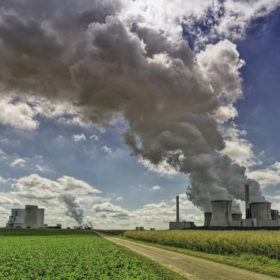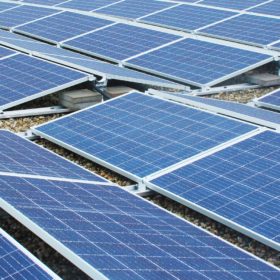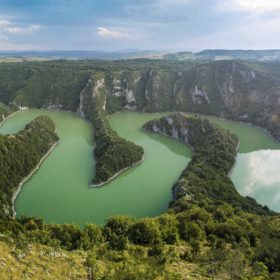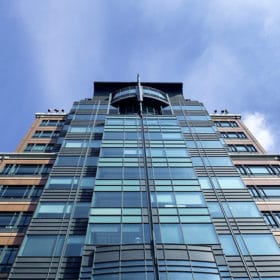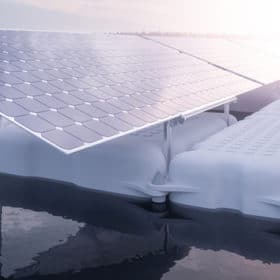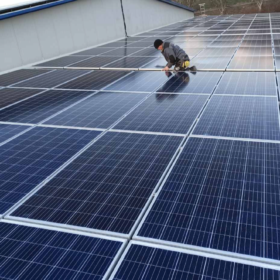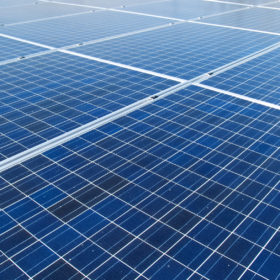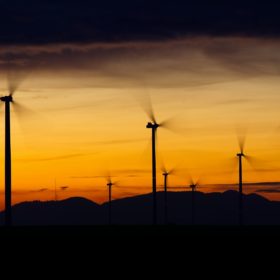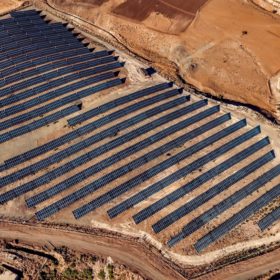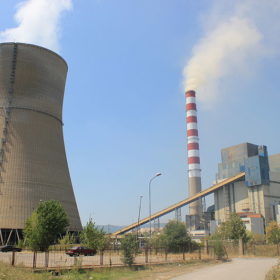China holds the key to cancelling half the world’s new coal project plans
With pressure mounting on the world’s governments to turn their back on the fossil fuel, China and peers in South East Asia, Europe and South Asia could help deliver a coal-free future at the COP26 climate summit planned in Glasgow in November.
Serbia introduces net metering, rebate scheme for rooftop PV
The rebates will cover up to 50% of the costs for installing and deploying a PV system and are intended at supporting homeowners and businesses take advantage of the recently introduced net metering regime.
Unsubsidized 50 MW PV project under development in Serbia
The project is being planned to sell power to the Serbian South East European Power Exchange (SEEPEX) or other off-takers under a power purchase agreement.
EBRD furthers green agenda in Slovakia, Serbia and Uzbekistan
The London-based development finance provider has made more than €50 million available for sustainable investment across three separate credit lines recently.
Big solar for Western Balkans disused coal mine
Land scarcity and renewables prices have been long considered significant hurdles for renewable developments in the hilly Balkans. Still, the European Bank for Reconstruction and Development (EBRD) sees solid opportunities in floating PV on public dams, PV modules on rooftops, and renewables projects in landfills and disused coal mines.
IFC says green recovery could drive $2.5tn renewables market this decade
The private-sector arm of the World Bank, which claims to leverage $3 of its own capital and $8 from third parties for every dollar invested in its blended finance funds, has attempted to quantify what devoting Covid recovery funds to green investment would mean for emerging economies.
Serbia moves forward with renewables auctions
The European Bank for Reconstruction and Development is helping the Serbian government to define its new procurement plan. The international lender is currently seeking consultants to implement the scheme.
Varying capital costs favor wind over solar in Europe
Differing finance costs across the continent are likely to see wind-rich, high electricity demand nations such as Germany, France, Austria and Belgium forge ahead with renewables at the expense of countries with plenty of sun but where borrowing is expensive, according to a German study.
Enerray enters insolvency proceedings
Italian industrial group Maccaferri, the parent company of the insolvent EPC contractor, has also filed for insolvency for another three units of its energy business.
EBRD urges Western Balkans to replace 18 GW of coal with renewables
The EBRD has released a brief urging Western Balkan countries to both replace their aging lignite coal generation capacity with renewables, and to rethink their 18 GW plans for new coal capacity. While the region offers favorable conditions for various types of renewable generation, it has been slow on the uptake to date.
